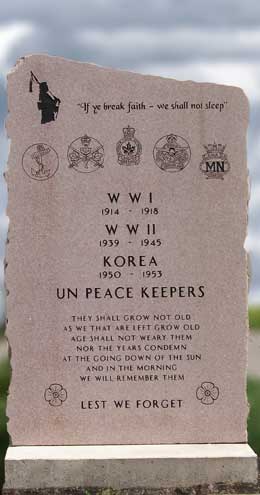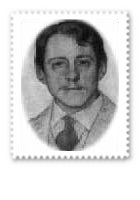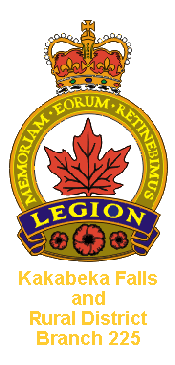For The Fallen

With proud thanksgiving, a mother for her children,
England mourns for her dead across the sea.
Flesh of her flesh they were, spirit of her spirit,
Fallen in the cause of the free.
Solemn in drums thrill: Death august and royal
Signs sorrow up into immortal spheres.
There is music in the midst of desolation
And a glory that shines upon our tears.
They went with songs to the battle, they were young,
Straight of limb, true of eye, steady and aglow.
They were staunch to the end against odds uncounted,
They fell with their faces to the foe.
They shall grow not old, as we that are left grow old;
Age shall not weary them, nor the years condemn.
At the going down of the sun and in the morning
We will remember them.
They mingle not with their laughing comrades again:
They sit no more at familiar tables at home;
They have no lot in our labour of the daytime;
They sleep beyond England's foam.
But where our desires are and our hopes profound,
felt as a wellspring that is hidden from sight,
To the innermost heart of their own land they are known
As the stars that are known to the Night.
As the stars that shall be bright when we are dust,
Moving in marches upon the heavenly plain,
As the stars that are starry in the time of our darkness,
to the end, to the end, they remain.
Laurence Binyon
 Laurence Binyon (1869-1943), the poet
and art critic, was born in Lancaster in 1869. He worked at the British Museum before going to war, having
studied at Trinity College, Oxford where he won the Newdigate poetry prize. Whilst on the staff of the British
Museum he developed an expertise in Chinese and Japanese art.
Laurence Binyon (1869-1943), the poet
and art critic, was born in Lancaster in 1869. He worked at the British Museum before going to war, having
studied at Trinity College, Oxford where he won the Newdigate poetry prize. Whilst on the staff of the British
Museum he developed an expertise in Chinese and Japanese art.
Binyon composed For The Fallen while sitting on the cliffs between Pentire Point and The Rumps in north Cornwall, UK. The poem honoured the World War I British war dead of that time and in particular the British Expeditionary Force, which had by then already had high casualty rates on the developing Western Front. The poem was published in The Times in September 1914, when the Battle of the Marne was foremost in people's minds.
Aside from his best known poem For The Fallen (1914), most notably the fourth stanza which adorns numerous war memorials, Binyon published work on Botticelli and Blake among others. He returned to the British Museum following the war. His Collected Poems was published in 1931.
